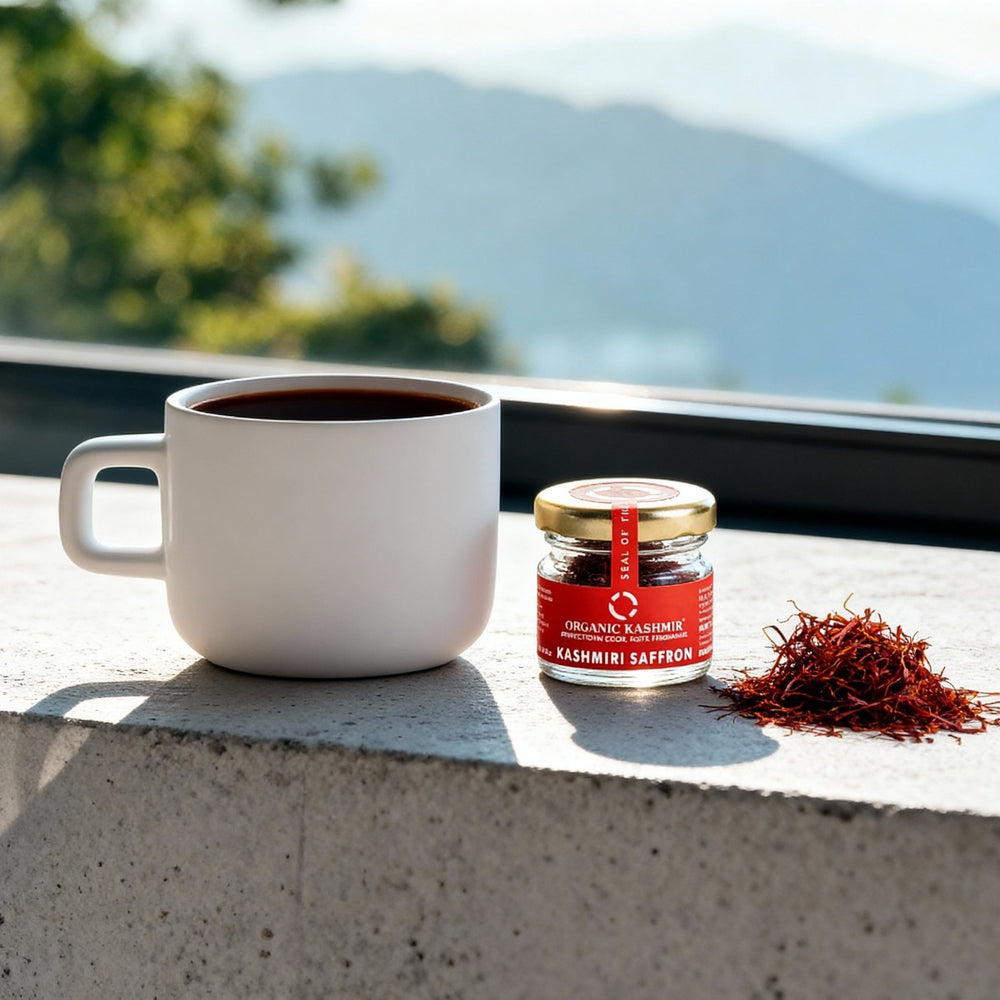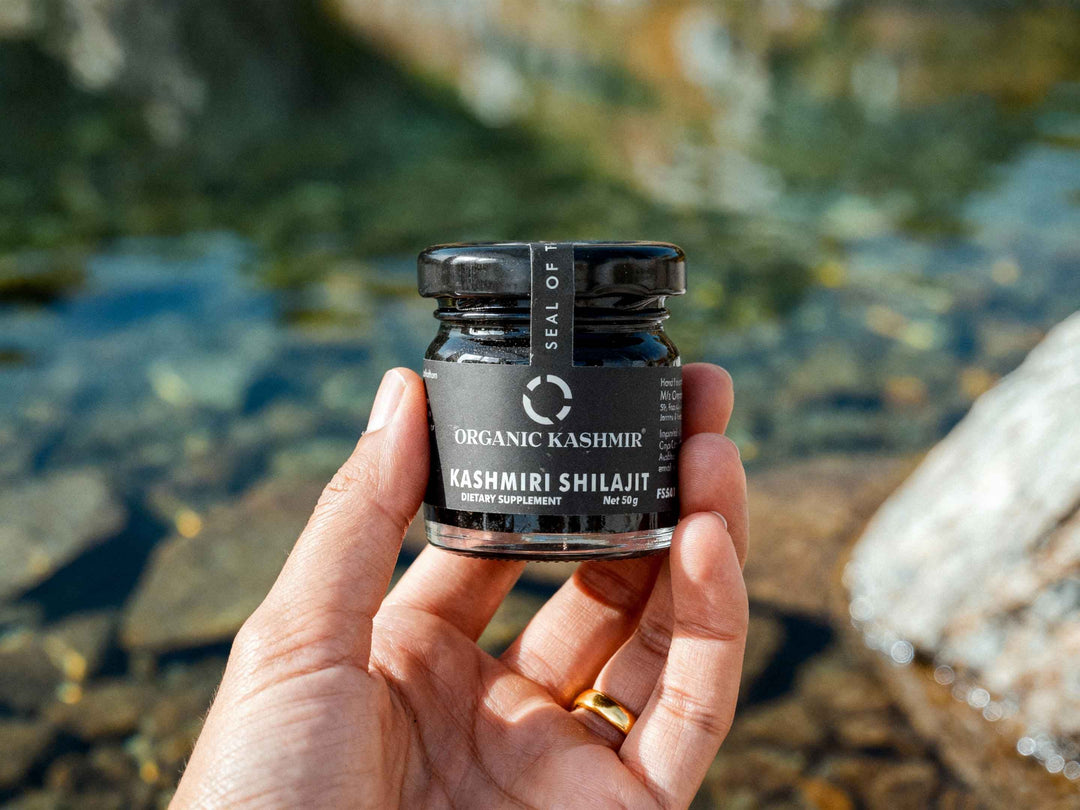Unveiling the Potent Nagarmotha (Cyperus rotundus)

Introduction
Nagarmotha, also known as Cyperus rotundus, part of the Cyperaceae family is a powerful herb deeply ingrained in the realms of Ayurveda and traditional medicine. Originating from India, it boasts a rich history of use across various healing traditions, even finding its place in Chinese medicine. This perennial plant, known as nutgrass in Southern states, is celebrated for its underground tuberous rhizomes. It offers a myriad of applications, from perfumes, incense sticks, and culinary spices to serving as a natural insect repellent, all while possessing remarkable digestive and anti-inflammatory properties.
Other names
Mustak, Motha, Nagaramattea, Nagaretho, Chakranksha, Charukesara; Gangeyi, shaival, vareeya, jalada ( grows near water resources), granthila ( it has tubular nodes), sugandha ( good odor) , prachya (grows in north-eastern regions).
Classical categorization
Ancient texts like the Charaka Samhita and Sushruta Samhita have praised Nagarmotha for its therapeutic properties:
Trishna nigrahna (satiates thirst), lekhaniya (removes extra fat from the body), stanya-shodhan (cleanses breast milk), kandughna (relieves itching) are few of its intrinsic qualities.
According to Acharya Vaghbata, it can be used in all types of fever.
Ayurvedic Composition- Rasa (Taste): Katu (pungent), Kashaya (astringent), and Tikta (bitter)
- Guna (Qualities): Rukhsha (dry) and Laghu (light)
- Virya (Potency): Sheet Virya (cold potency)
- Vipaka (Post Digestion Taste): Katu Vipaka (pungent metabolic property)
- Effect on Dosha: Balances Pitta and Kapha doshas
Chemical Composition
Sesquiterpenes like cyperene, cyperotundone, patchoulenone, monoterpenes like α-pinene, β-pinene, limonene, Triterpenoids like β-sitosterol, stigmasterol, flavonoids like quercetin, kaempferol, cyperine, volatile compounds in its essential oil, palmitic acid, stearic acid, oleic acid, and linoleic acid.
Ayurvedic Healing Potential of Nagarmotha
- Deepana (enhances stomach fire),
- Pachana (helps in digestion),
- Rochana (stimulates appetite),
- Jvara (useful in fever),
- Yakrit Vikara (prevents liver infections),
- Amahara ( beneficial in indigestion),
- Dahahara (relieves burning sensation),
- Shwasha (relieves breathing difficulties),
- Anulomana (improves breathing),
- Sangrahini (prevents diarrhea),
- Kamala (prevents jaundice),
- Kasahara (Relieves cough),
- Vayasthapana (prevents aging),
- Raktadoshahara (blood purifying),
- Vran Ropana (heals wounds),
- Mehahara (supports healing of urinary tract disorders),
- Prameha (manages diabetes),
- Vamana (prevents nausea and vomiting),
- Trutahara (relieves excessive thirst),
- Panduhara (prevents anemia),
- Balya (improves muscle strength),
- Hikkanigrahana (controls hiccups),
- Triptighno (relieves pseudo-satiation),
- Varnya (improves complexion),
- Krimihara (relieves intestinal worms).
Additional Health Advantages of Nagarmotha
-
Digestive Health: It addresses digestive issues such as indigestion, flatulence, and diarrhea, thanks to its carminative and antispasmodic properties.
-
Anti-inflammatory: Nagarmotha is known for its anti-inflammatory properties, making it useful for managing conditions associated with inflammation, such as arthritis and joint pain.
-
Stress and Anxiety: Nagarmotha is considered an adaptogen, helping the body adapt to stress and anxiety. It may promote relaxation and mental clarity.
-
Skin Care: It is used in skincare preparations due to its potential to reduce skin inflammation and promote a healthy complexion.
-
Weight Management: Nagarmotha may aid in weight management by improving metabolism and reducing water retention.
-
Antioxidant Properties: Nagarmotha contains compounds that exhibit antioxidant activity, helping protect cells from oxidative stress and damage caused by free radicals.
-
Anti-Microbial: Cyperus has antimicrobial properties, which could be useful in combating bacterial and fungal infections.
-
Immune Support: Preliminary studies suggest that Nagarmotha may support the immune system by enhancing immune responses.
How to utilise power of Nagarmotha
- Heat related conditions: Mixing Musta powder with water and applying it topically as a paste can provide a cooling effect on the skin such as, in conditions like- excessive body heat, hot flashes, and burning sensations.
- Menstrual Disorders: Consuming Musta powder with warm water during the menstrual cycle may alleviate menstrual cramps, and reduce excessive bleeding.
- Skin Care: Applying a paste of Nagarmotha powder topically can soothe skin irritation, reduce acne, and promote a clear complexion. Also dusting of this powder along with other anti allergic drugs helps relive keloids, eczema, ulcers, etc.
- Borborgymus and tastelessness : Take ½ teaspoon Motha powder with 1 teaspoon honey, 3-4 times a day
- Respiratory Issues: Mix Musta powder with honey or warm water in respiratory discomforts like asthma, bronchitis, sore throat, etc.
- Overall well being : Nagarmotha herbal tea is beneficial for digestive health and overall well-being .To make it, simply add Musta powder or slices of dried Musta root to hot water. Allow it to steep for a few minutes before drinking.
- Worm infestation: Taking 3 gms each of papaya seed powder and musta root powder, in an empty stomach twice a day for 10-12 days, helps to get relief in pinworm infestation and related problems like nausea, anorexia, itching in anus, etc.
- Breast milk purification: A fine paste is prepared by mixing plantain (a type of banana) stem juice in Musta powder and administered to lactating mothers to achieve purification of breast milk.
- Fever : Decoction made by boiling 10 gms powder in 2 cups of water and reducing it to 1 cup, can be taken in fever and intestine related issues.
- Urinary disorders: Taking ¼-½ teaspoon of Nagarmotha powder, adding some honey to it, and swallowing it with water twice a day after food, can help deal with urinary problems like burning sensation, infections, etc.
- Digestive health: Drink 2-3 gms of nut grass powder with butter milk, twice a day in repeated bowel habits.
- Musta powder can be taken with warm water or honey to alleviate a range of digestive issues, including indigestion, diarrhea, irritable bowel syndrome (IBS), and dyspepsia.
The information provided in this article is for educational and informational purposes only. It is not intended as a substitute for professional medical advice, diagnosis, or treatment.
SHOP NATURAL NAGARMOTHA POWDER
Published By: Ayurveda Store New Zealand | All Rights Reserved
References :
- Tiwari R, Kumar S. Chemical Constituents of the Essential oil of Cyperus rotundus Linn. Int. J. Drug Dev. & Res.2014; 6(2):57-60
- Sharma A, Verma R, Ramteke P. Cyperus rotundus: A potential novel source of therapeutic compound against urinary tract pathogens.Journal of Herbal medicine. 2014;4(2).
- https://www.1mg.com/ayurveda/nagarmotha
- The bhavprakash nighantu edition of 1998
- https://nirogstreet.com/blogs/en/herbs/nagarmotha-health-benefits
Published By Rasayana Limited. All Rights Reserved. No part of this publication may be reproduced or transmitted in any form or by any means, electronic or mechanical, including photocopying, recording, or any information storage and retrieval system, without permission in writing from the publisher
Author: Dr. Monika MittalEditor: Debleena Chatterjee
Photography by : Evgeniy Kletsov







